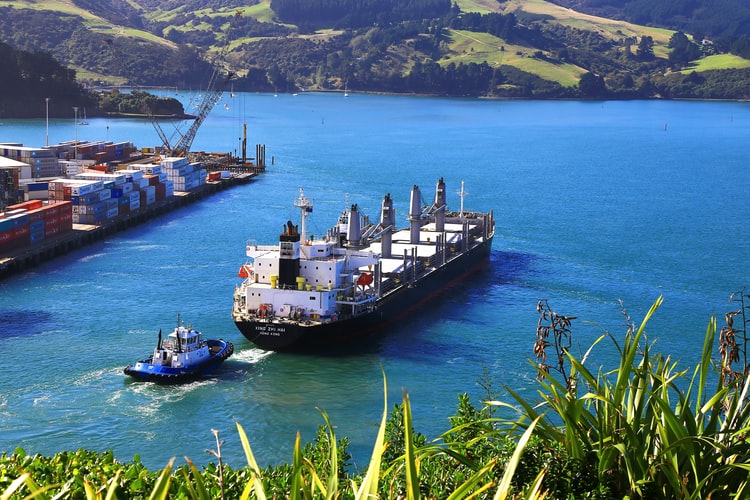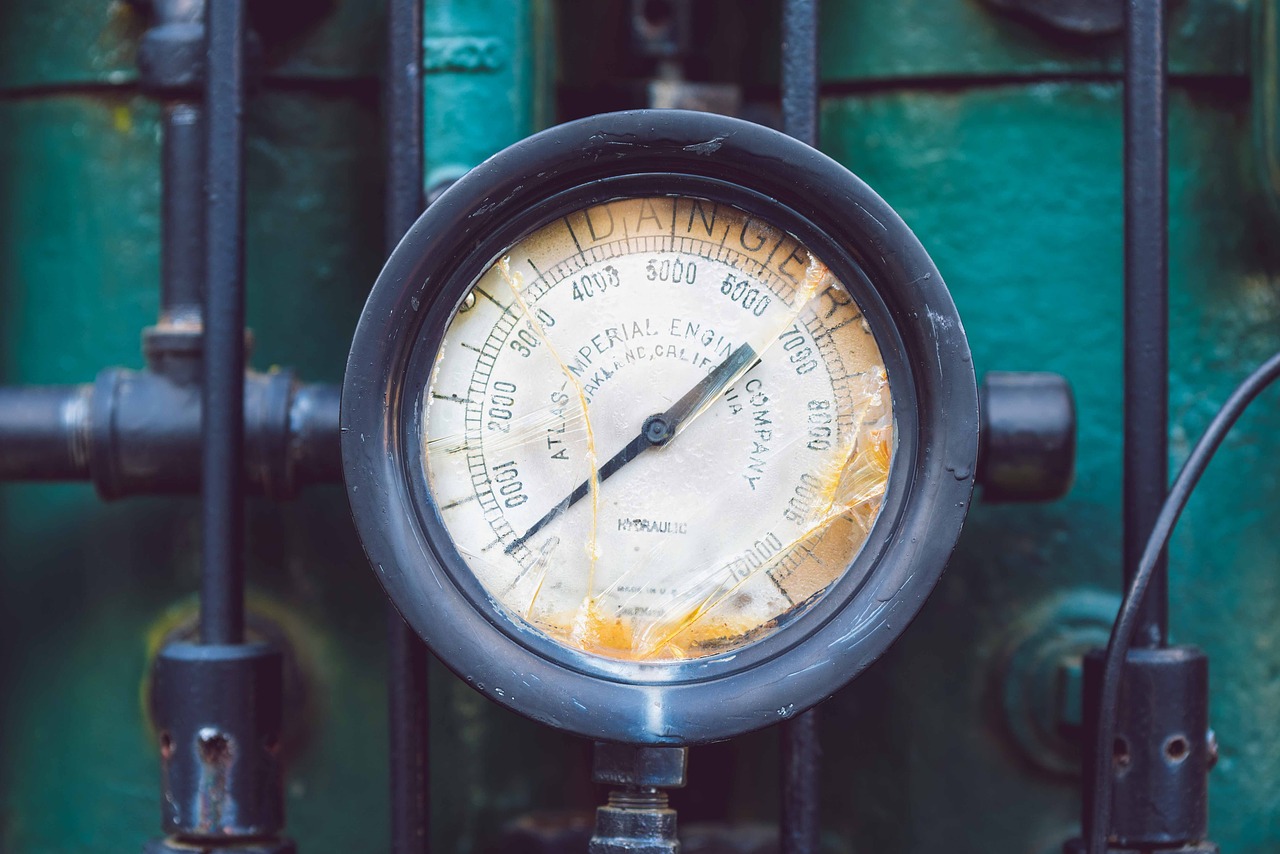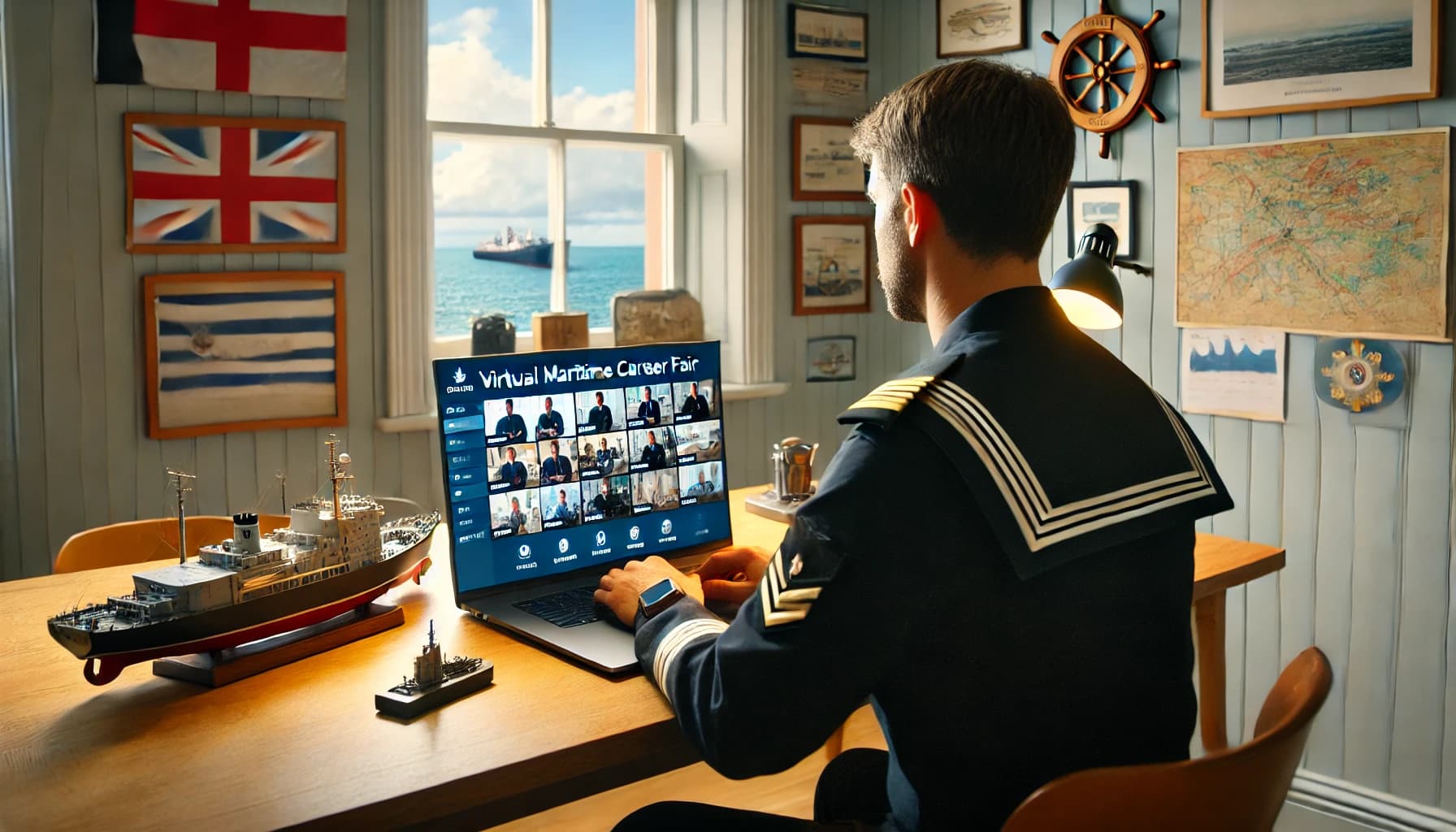Entry level cargo ship jobs are roles in the maritime industry that are undertaken by trainee seafarers and cadets. Seafaring is not a career in which you jump in at any level; you need to start at the bottom and work your way up.
Traveling the world, meeting a diverse bunch of hardworking people, earning a salary, getting plenty of time off to live your life to the fullest, and seeing the sun rise - or set - depending on your shift or watch...
If it sounds like life at sea is too good to be true, well, there are some definite benefits to working in seafarer jobs - whether you're at the highest point of your career at sea or are just starting out in entry level cargo ship jobs.
And if you're thinking about the possibility of working in a job at sea, it’s fair to say there couldn’t be a more exciting time to start thinking about developing a career in the shipping industry.
Read more:12 Things To Know Before Choosing a Career in Seafarer Jobs
Modern maritime jobs are fast paced and exciting and they'll provide you with a unique outlook on the world, plenty of adventure, memories, and skills to last a life time. (And let's be completely honest here - they're hard work too!)
And if you're even just wondering what entry level cargo ship jobs are, no doubt you already have that sense of adventure - which is awesome, because at this point in time there is great scope in which to embark on an exciting career at sea.

But let's not get too far ahead of ourselves here. First of all we need to discover a little bit more about seafarer jobs, find out what entry level cargo ship jobs are, and look at some examples of maritime jobs if you're now thinking about a career in the shipping industry.
What types of seafarer jobs are entry level cargo ship jobs?
As mentioned at the start of this post, jobs on ships are based on a system of hierarchy. You don't train to become a Chief Officer or Chief Engineer from the start and then jump right into that role.
You will begin at the bottom of the seafarer ranks and, through training and real life experience, work your way up the ladder. More on that in a bit!
Basically, as someone working in commercial shipping (also called the Merchant Navy, the Merchant Marines etc. - depending on where you're from) your job is to help transport goods on vessels from one port to another.
Even if you're starting out in your career at sea and are working in an entry level ship job, you'll still be a crucial cog in the machinery that is global trade. How crucial? Well, did you know that 90% of the world's products are transported by sea?
And depending on these products, the type of vessel you might find yourself working on could vary too. From container ships and cargo ships to oil tankers and bulk carriers, every one is different.

And so too are the roles, or seafarer ranks, you will find onboard those vessels. Maritime jobs are wonderfully varied and one of the best things about deciding to work in jobs at sea is that you are quite literally spoiled for choice when looking at career pathways.
Jobs in the maritime industry can encompass everything from physical labor at sea to working in jobs in seaports to finding employment in other shore based maritime jobs that deal with anything from ship brokerage and insurance to naval architecture and maritime recruitment.
Because, after all, you might decide that a life on the ocean wave isn't for you and you'd prefer to be based in a port or an office. (And many people working in jobs at sea eventually take those skills and transfer them to working in a job in shipping on land.)
But right now, we're just going to be concerning ourselves with examples of maritime jobs at sea.
What are the different departments on a ship?
When it comes to working on a cargo, container or ro-ro ship, or a bulk carrier, car transporter or oil tanker, seafarer ranks are divided between three departments:
- Deck
- Engineering
- Catering
Which department on a ship is right for me?
If you have an interest in all things mechanical, are mathematically and practically minded, and have good problem solving skills, working in the Engineering Department on a ship could be for you.
Depending on your seafarer rank and level, you could be doing anything from maintaining and cleaning machinery and systems to actually operating them.

And there's more to just the engines onboard a vessel. Systems and other equipment are both above and below deck and include ventilation and air conditioning systems, communications and navigational equipment, and hoists, cranes and more.
Or maybe you like the thought of being on deck, standing watches and navigating the ship; in that case the Deck Department could be where you want to head for. The Deck Department is responsible for the overall running of the vessel - including ensuring the safety of both crew and cargo.
The Deck Officers are like the ship's managers so if you want to work your way up to becoming an Officer you will need to have great oral and written communication skills, be a leader who is able to take measured decisions, and be able to keep a calm head in times of stress. You should also have an aptitude for math and technology.
Or perhaps you have a passion for cooking but want to combine your love of food with travel and adventure. Training to be a ship's cook could be the life (at sea) for you!
Different types of entry level ship jobs
But whichever department on a ship sounds most interesting, the fact is, after training, you'll be starting off in an entry level ship job as an unlicensed crew member.
Unlicensed seafarers are also known as ratings and these jobs include the Bosun (the highest unlicensed deck rating), Able Bodied Seaman and Ordinary Seaman in the Deck Department, and Motorman, Wiper and Oiler, in the Engine Department.

(Note that Bosun and Able Bodied Seaman are not entry level jobs on a ship and both require training and a number of years of experience working at sea.)
Examples of some entry level maritime jobs include:
- Oiler - a junior position in the Engineering Department whose main duties involve checking and maintaining the correct levels of lubrication on the ship's machinery and systems.
- Wiper - another entry level maritime job in the Engineering Department, Wipers assist the engineers and clean the machinery and engine spaces.
- Pumpman - this is an entry level cargo ship job in the Deck Department and is generally only found on oil tankers. Pumpmen are responsible for the safe and correct operation of the vessel’s liquid cargo transfer system.
- Deck Cadet - an apprentice or a trainee seafarer, Cadets help with daily operations and ship maintenance, including preparing for arrival and departure at a port.
- Messman - also known as a Steward, the Messman works for the Catering Department and is responsible for serving meals to the crew and keeping the mess room / areas clean, as well as helping the Cook to prep meals and wash dishes.
- Ordinary Seaman - part of the Deck Department, the OS helps clean and maintain the ship’s deck and certain pieces of equipment, and assists with operations.
- Motorman - one of the most entry level ship jobs in the Engineering Department, the Motorman carries out repairs and maintenance as well as basic tasks in the engine room and around the vessel such as cleaning or painting.

Read more: Your Guide to Different Types of Seafarer Jobs
No matter where on the ladder you start, a rewarding career at sea is within your grasp. From Motorman to Chief Engineer, from Deck Cadet to Chief Officer, and from Messman to Chief Cook, many entry level cargo ship jobs offer great opportunities for career growth.
How to begin a career in entry level cargo ship jobs
Of course the requirements for seafarers differ according to the type of maritime jobs you want to work in.
For example, while all seamen and women will need to have specialist maritime and safety qualifications as well as medical certificates to work at sea, obviously the requirements for a ship's Master (Captain) or a Chief Officer will differ greatly to that of an Able Bodied Seaman, Oiler or Shipfitter.
So how exactly do you get your foot on the first rung of the ladder and start climbing your way up to a successful career at sea?
To begin a career in the Merchant Marines / Merchant Navy you will need to undergo thorough training and education. This will take place over the course of a couple of years and be both onshore in a maritime academy or college, as well as actually at sea.
Through this combination of hands-on training, backed up by school-based learning you will gain not only your seafaring certificates and educational qualifications, but also a good grounding in the types of technologies used, and the practical skills needed, onboard a vessel.

Read more: 5 Ways to Make Your Search for Jobs at Sea Easier
One last thing to consider before looking for entry level maritime jobs
Of course to succeed in any seafarer job, personality and temperament play a huge part. It doesn’t matter whether you want to become a Bosun, a ship’s Cook or an Officer, certain attributes are a must.
For example, how do you cope when you're tired? Are you able to 'suck it up' and carry on as normal, or do you get careless and make mistakes? If it's the latter, a career at sea might not be for you.
And how do you think you would be able to cope with being away from your family, friends and other loved ones while spending months away working at sea.
Read more: 5 Questions to Ask Yourself if Considering a Career in Seafarer Jobs
Where to find entry level ship jobs
Entry level cargo ship job opportunities are your first port of call once you've undergone your training and are ready to start work. At Martide we are always looking for qualified, professional seamen and seawomen for a wide range of seafarer ranks.
Are you ready to set sail on your next (or even your first) seafarer job? It's easy to apply for jobs at sea through Martide.
All you need to do is to register your account and create your seafarer profile (think of this as like an online seafarer resume!)

It's quick, easy and free - and once done means that all of our jobs at sea are open to you to apply for!
Plus if you'd like to be able to apply for jobs when you're on the go, whether you're on land or at sea, you should really download our mobile app too. It gives you anytime, anywhere access to all of our seafarer job vacancies and it makes it much easier to stay in touch with employers and manning agents as well.
Get Martide's (free!) mobile app now from the App Store for Apple devices or from Google Play for Android - and we hope that we'll see you onboard one day soon!
This blog post was originally published on May 8th 2019 and was updated on May 20th 2021.

Eve Church
Eve is Martide's content writer, publishing regular posts on everything from our maritime recruitment and crew planning software to life at sea. Eve has been writing professionally for more than two decades, crafting everything from SEO-focused blog posts and website landing pages to magazine articles and corporate whitepapers.
UK



